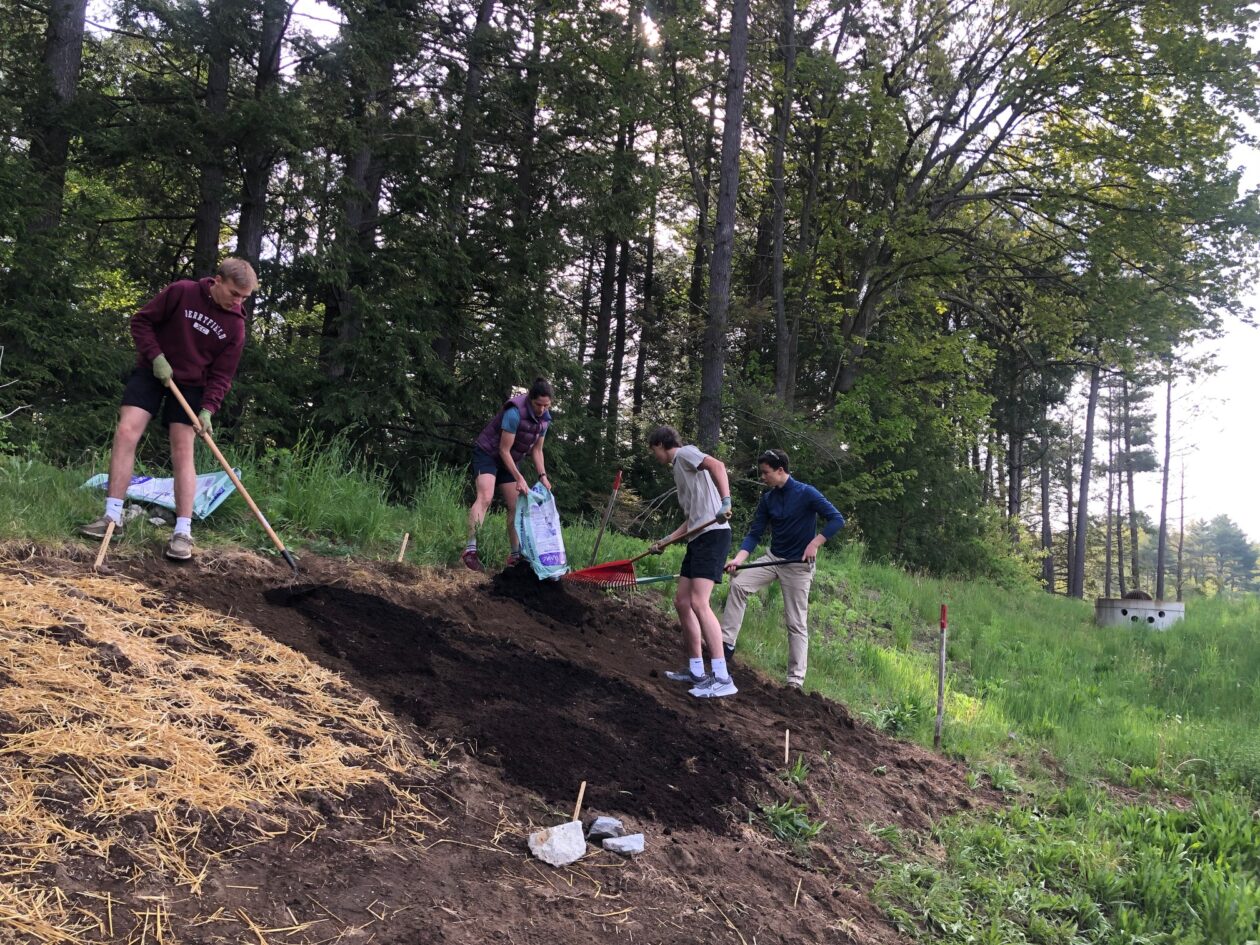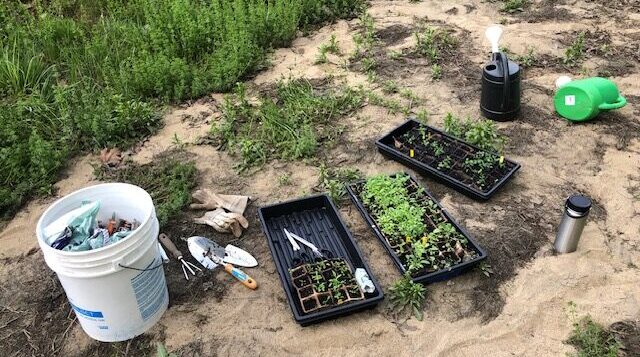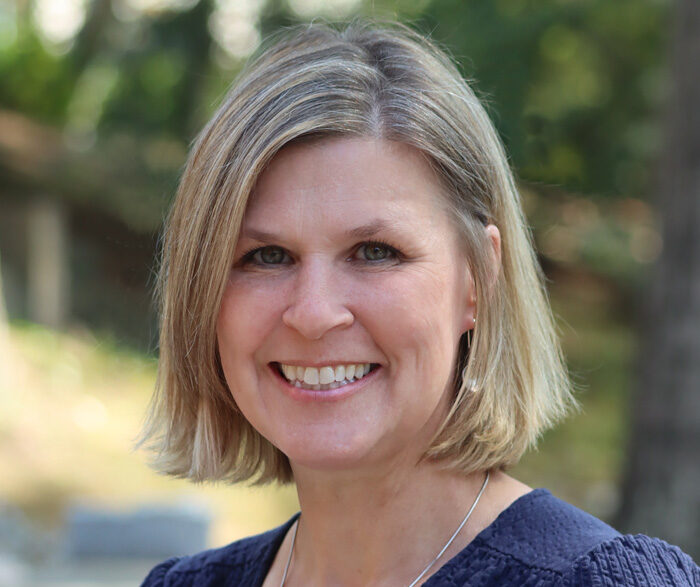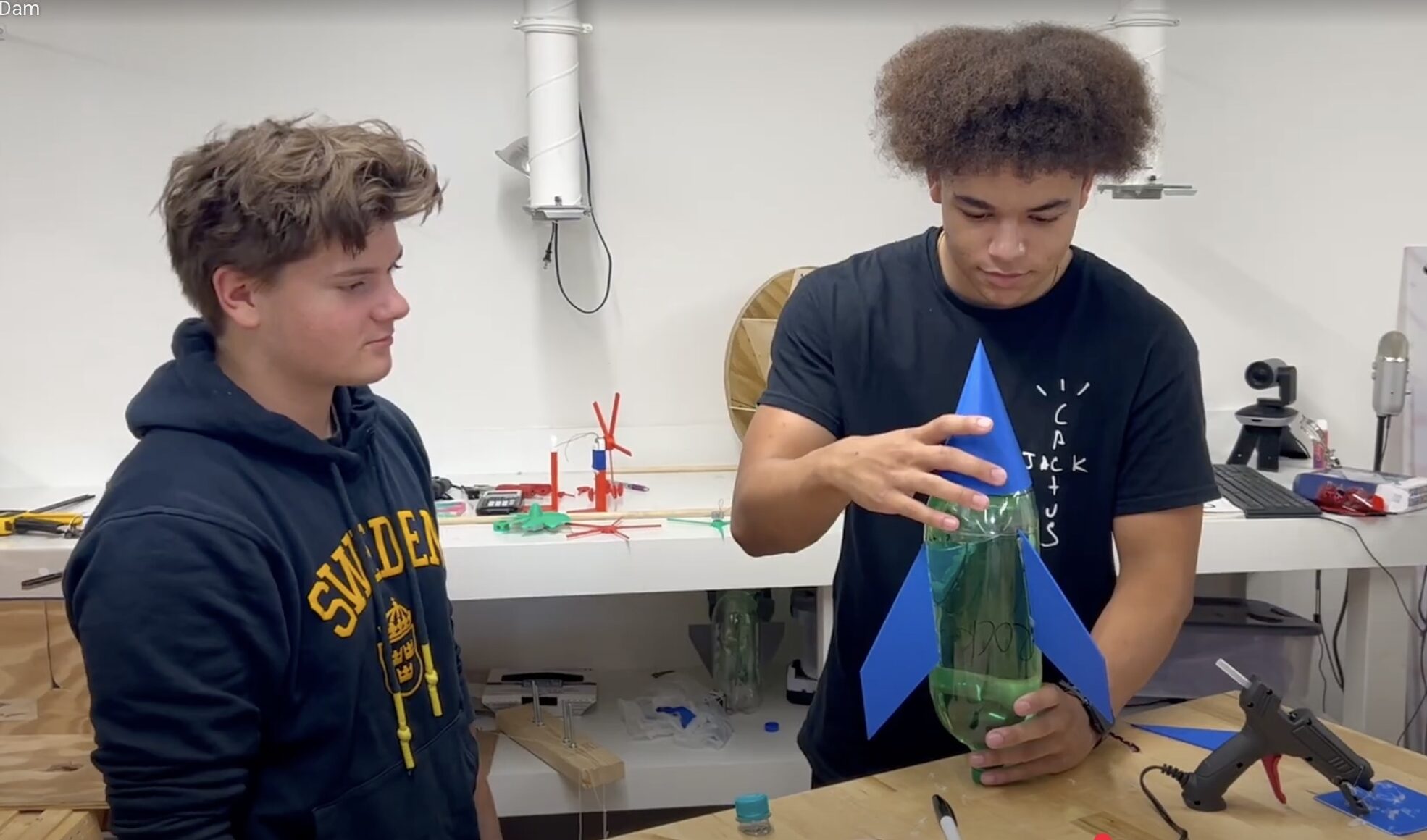Elaine Loft, Staff Writer
In the winter of 2024, Aubrey Webb ‘25 and Kazu Loreman ‘24, students in Mary Ann Watt’s Environmental Science class, developed a plan to create a pollinator garden on the Derryfield School campus, beginning the Pollinator Garden Project. Pollinators are a vital component of the environment. As bees, butterflies, birds, and beetles fly from flower to flower, feeding themselves, they carry pollen from the anthers of one flower to the stigmata of others. This allows flowering plants to reproduce, thereby increasing both biodiversity and the health of the environment. Unfortunately, the number of pollinators in the United States has declined precipitously over the past 75 years; some estimates indicate that the number of bees, specifically, has decreased by over 50% since 1950.
In May 2024, Webb finalized the plan, which was implemented that month by Erica Gerson ‘25, Watt, and herself. The team planted milkweed, rudbeckia (black-eyed susan), echinacea purpurea (purple coneflower), and aster novae-angliae (New England aster) seeds in a 10’ x 10’ test plot. In the fall of 2024, the team returned to the plot and found that all but the rudbeckia had failed to grow. They speculated that these plants failed to flourish because of a lack of nutrients and consistent water, especially during the germination and sprouting stages.
Aspiring to rectify these problems, the 2025 Environmental Science class made a few changes to the original plan. First, the team decided to establish the plants for one month in controlled conditions inside the upper school building. This enabled the team to water the plants every day, and adjust the amount of light the plants would receive, increasing the likelihood that the plants would successfully germinate and sprout. On average, the new seedlings were 2 cm tall when planted in the garden in May of 2025. Second, the team began the planting process one month earlier; this timeframe was more aligned with the flowers’ natural germination period. Third, the team expanded the pollinator garden by about 150%, to about 10’ x 40’, allowing for a larger variety of plants. Coast of Maine, an organic products maker, provided 10 cubic feet of organic raised bed mix soil that helped to enrich the existing soil.
The students who have been involved with this project over the past two years hope that this fledgling pollinator garden will eventually become an important native habitat.




